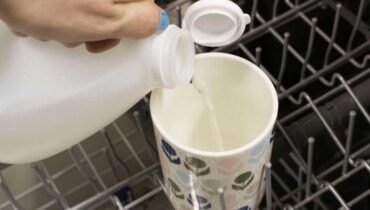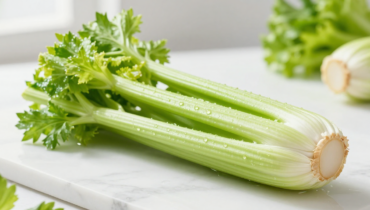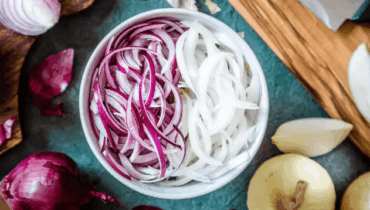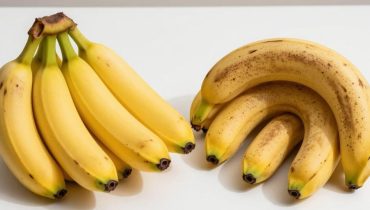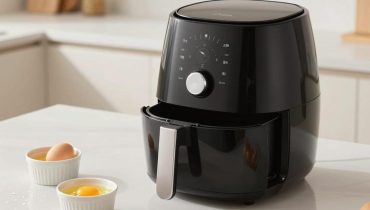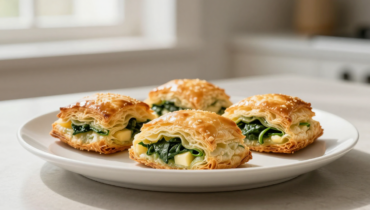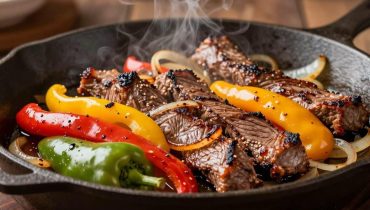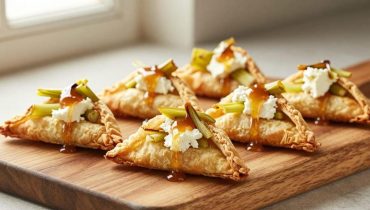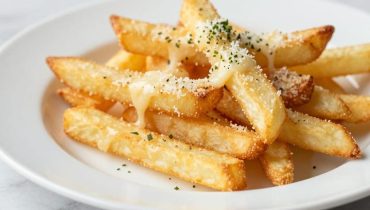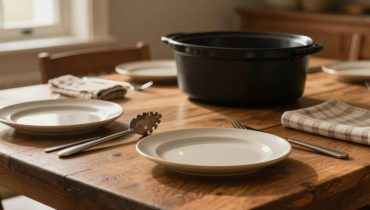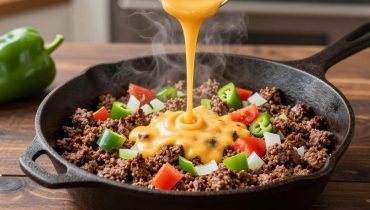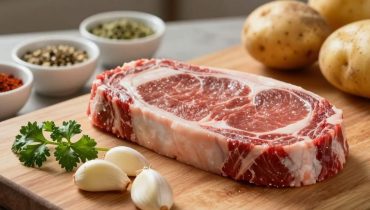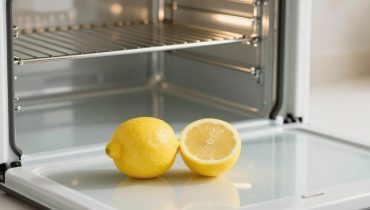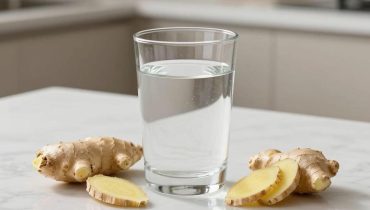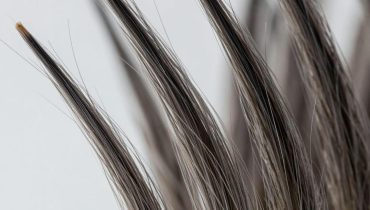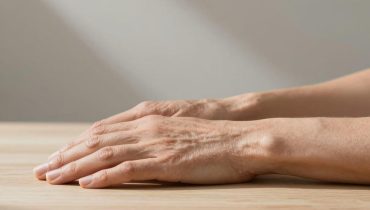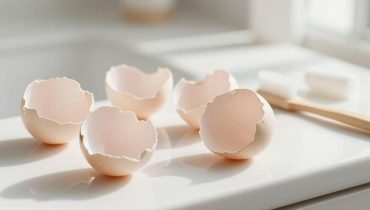📌 If You Drool While Sleeping, Watch Out for These 6 Possible Causes
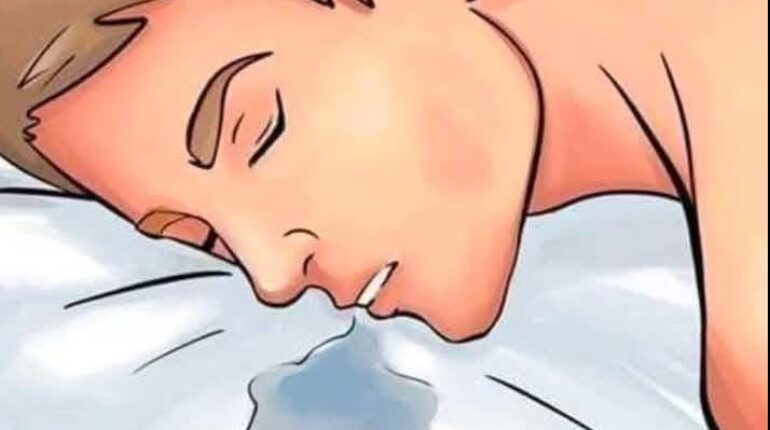
Posted 17 June 2025 by: Admin
A look at the main reasons behind this phenomenon—and natural solutions for calmer nights.
The Most Common Medical Causes of Excessive Nighttime Drooling
Oral Health Issues: When the Mouth Is Out of Balance
The state of your mouth directly affects your saliva production. Untreated cavities, infections, ill-fitting dental prostheses, or poor dental alignment can all overstimulate the salivary glands. Even a minor imbalance can disturb the natural flow of saliva during sleep. Regular dental checkups are key to maintaining the harmony needed for a dry mouth at night.
Facial Paralysis: When Muscles No Longer Respond
Facial paralysis, often sudden in onset, reduces muscle tone on one side of the face. This leads to saliva pooling and escaping, especially on the affected side. A drooping mouth corner or difficulty closing one eye are warning signs that should prompt a quick medical evaluation.
Gastroesophageal Reflux: Acid Triggers Saliva Production
Acid reflux irritates not only the esophagus but also triggers a reflex that increases saliva. Your body tries to neutralize stomach acid by producing more saliva, often at the expense of nighttime comfort. Heartburn, nighttime coughing, or a bitter taste are all signals that you should seek appropriate treatment.
Parkinson’s Disease: An Overlooked Symptom
People with Parkinson’s often have motor disturbances that include swallowing problems. The combination of increased saliva production and trouble swallowing makes nighttime drooling worse. Tremors, muscle stiffness, or slowed movements should be discussed with a neurologist.
Stroke: When Swallowing Becomes Difficult
A stroke can damage the nerves controlling swallowing. Unilateral drooling, along with facial asymmetry or speech issues, is a medical emergency. Every minute counts in limiting long-term effects.
Arteriosclerosis: A Silent Threat to Saliva Control
In elderly individuals, arteriosclerosis can reduce oxygen supply to the brain. This can impair the muscles involved in swallowing, causing saliva to pool at night. Hypertension, diabetes, and high cholesterol increase this risk—so cardiovascular prevention is crucial.

